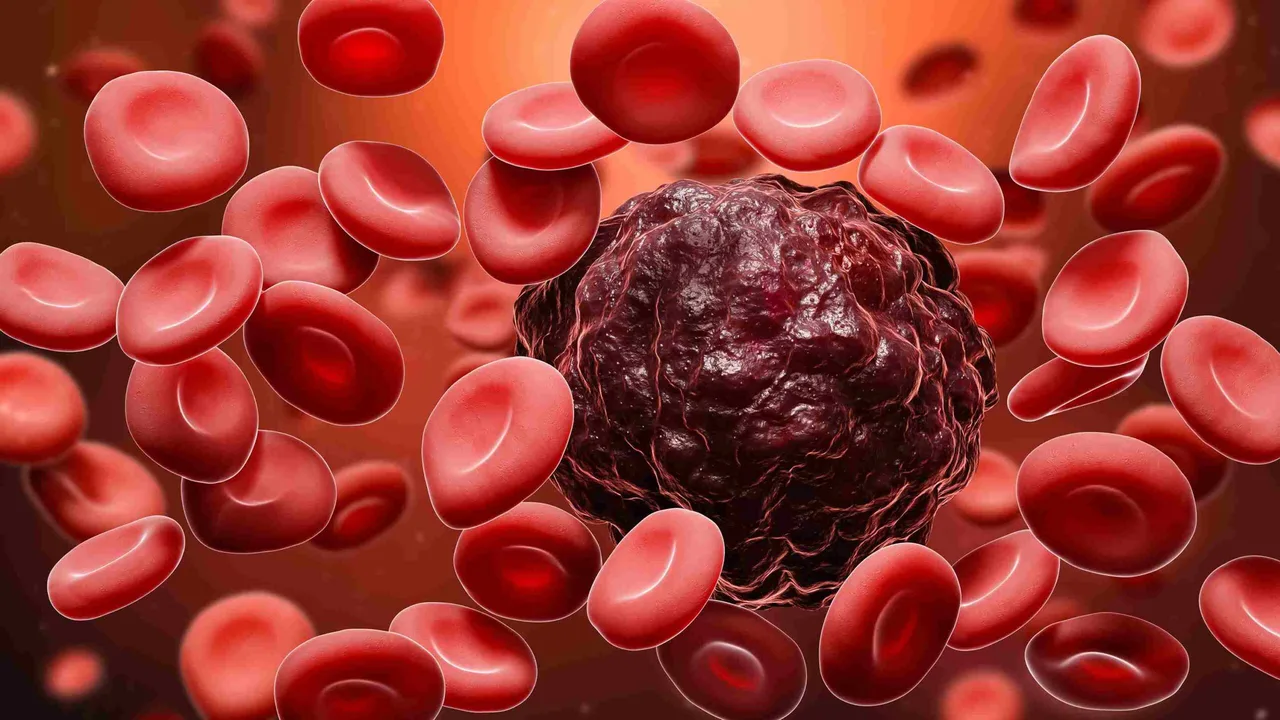Oncological Research
Want cancer research explained without the dense jargon? You’re in the right place. We take study results, drug news, and surprises from the lab and turn them into practical takeaways you can use in conversations with your doctor or just to understand what the headlines actually mean.
What we cover and why it matters
We focus on three things: real study findings, drug repurposing, and safety info. For example, a big NICHD-funded trial compared letrozole, clomiphene, and gonadotropins in 900 couples and showed patterns that surprised fertility specialists — and yes, letrozole is originally a breast cancer drug. That’s a good example of how oncology drugs can find new uses.
Another example: recent research on metformin found it raises a molecule called lac‑phe that blunts appetite and leads to weight loss. Studies like that matter because they change how scientists think about old drugs and spark new cancer-related trials. We summarize these findings, point out their limits, and highlight what’s already proven versus what’s still early-stage.
How to read a study (fast)
Too many studies get blown up by headlines. Here are quick checks you can do in a minute:
- Sample size: Was the study small (dozens) or large (hundreds or thousands)? Bigger usually means more reliable.
- Endpoints: Did researchers measure survival, tumor shrinkage, or just lab markers? Clinical outcomes matter more than lab changes.
- Funding and conflicts: Who paid for the study? Industry funding doesn’t invalidate results, but it’s a factor to note.
- Side effects: A drug that helps rarely is useful if it causes severe harm. We flag common and serious side effects so you know the trade-offs.
On this tag page you’ll find full articles that expand on these points. Read our coverage of the NICHD letrozole study to see how we break down the stats and risks. Check the metformin piece to understand the lab-to-clinic pathway and what early results really imply.
We also track drug repurposing — when a medication approved for one disease gets tested for another. That’s a big theme in oncology because repurposed drugs already have known safety profiles, which can speed up trials. But faster doesn’t always mean better outcomes, so we highlight which repurposing ideas are backed by solid evidence and which are still speculative.
If you’re reading a study headline and want a quick take, look for our summary paragraphs that state: who was studied, what changed, why it might matter, and what the next steps are. Always pair that with a chat with your clinician before making treatment changes.
Want to explore specific articles? Start with the letrozole study and the metformin research on this site. If you have a question about a paper you saw in the news, send it our way via the Contact page — we’ll aim for a clear, no-nonsense answer.

The Connection Between Blood Cancer and Lymphoma
- Nov, 8 2023
- Daniel Remedios
- 7 Comments
Hello guys, this is something important I wanted to share with you. This piece digs into the close relationship that exists between blood cancer and lymphoma. It's meant to help us understand how these two diseases are intertwined and show ways on how the understanding of their link potentially paves the path towards better treatment options and improved survival rates. I have tried to break down complex medical terms into simple everyday language, ensuring no one is left behind in this beneficial knowledge trip.
